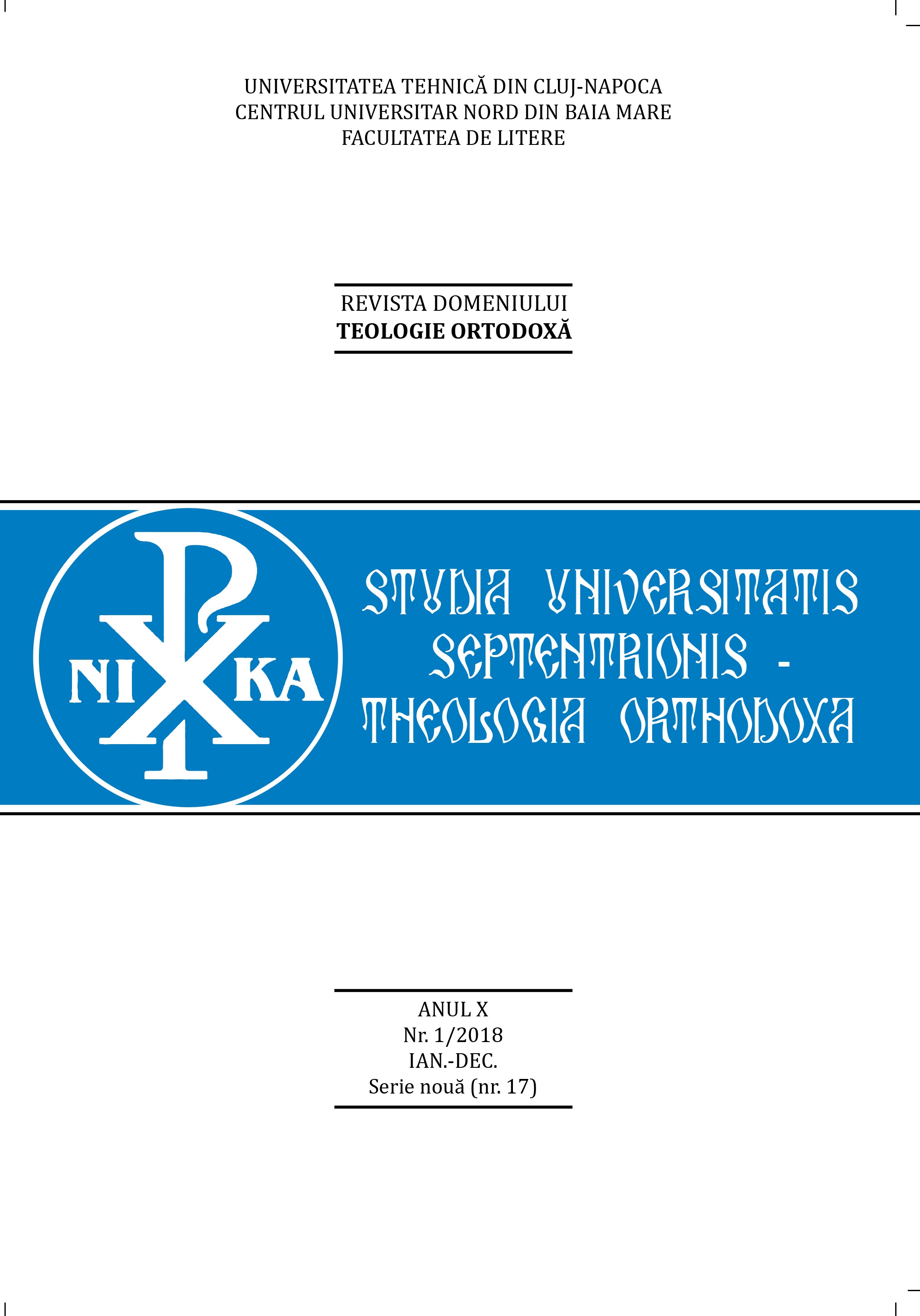Cuvântul lui Dumnezeu transpus în grai românesc, factor al conştiinţei unităţii de limbă şi de neam
The Word of God translated into Romanian language, a factor of consciousness of language and nation
Author(s): Vasile BorcaSubject(s): Theology and Religion, Eastern Orthodoxy
Published by: Editura U. T. Press
Keywords: people; prayer to God; Dacian-Roman forefathers; language; the Bucharest Bible;
Summary/Abstract: Lineage and orthodoxy are primary components in the essence of Romania. These items depict the fact that religious concern occupied an essential place in its people's soul. That is the reason why the Romanian people have always prayed and talked to God in the tongue of their christened Dacian-Roman forefathers. When the Slavonic language, out of political reasons, had tried to impose in administration and Church worship, the Church Ministers, noticing this anomaly, managed to reinstate the Romanian ways via translations, printing activities and Orthodox worship. Starting with Coresi in Transylvania (in the 16th century), Metropolitan Simion Ștefan from Alba Iulia, the New Testament from 1648, with Varlaam, the Metropolitan of Moldavia, and his book „Romanian Book of Learning” (also known as „Cazania of Varlaam”) from 1643 and many others, with the vast printing activity of Metropolitan Dosoftei and culminating with The Bucharest Bible from 1688, the peak of Romanian religious literature. All these, and many others, established in a permanent frame Romania's national language unity.For several centuries the formation of Romania’s literary language has been associated with a work of art due to the translation of the Bible, and its translators, and to the most distinguished scribes the Romanian territory could offer.
Journal: Studia Universitatis Septentrionis. Theologia Orthodoxa
- Issue Year: X/2018
- Issue No: 1
- Page Range: 73-101
- Page Count: 29
- Language: Romanian

